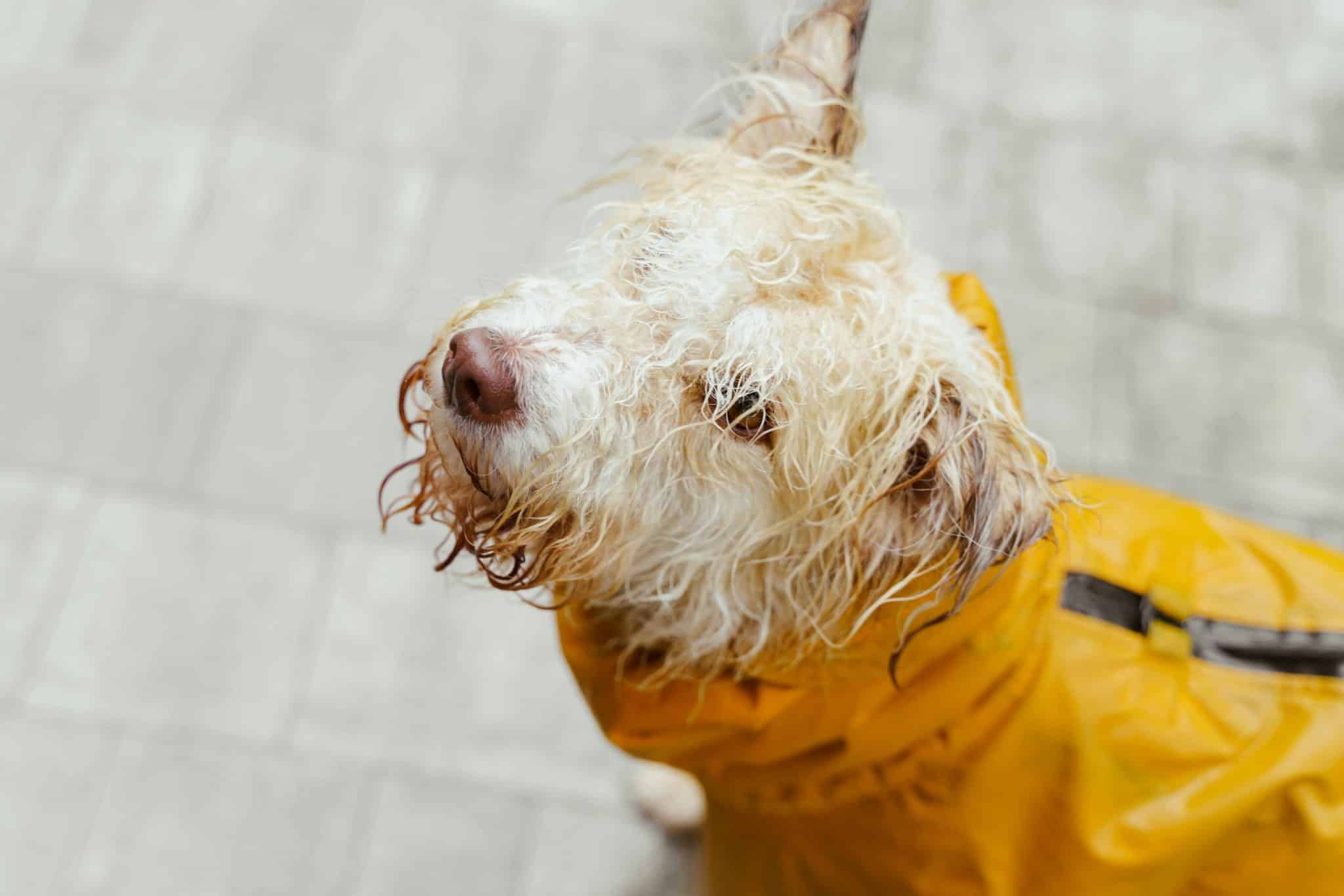Pet Safety Tips for Every Season
As pet owners, our furry friends are an essential part of our lives. We share our homes, our hearts, and our seasons with them. Just like us, our pets also experience changes in weather and the different seasonal ups and downs. As responsible pet owners, it’s our duty to keep our pets safe and healthy in every season. In this article, we will discuss some important pet safety tips for every season, so you can keep your furry companions happy and secure all year round.
Spring Safety Tips
1. Vaccinations and Pest Control
Springtime brings blossoming flowers, greenery, and warmer weather, but it also brings along fleas, ticks, and mosquitoes. These pests can cause serious health problems for our pets. Before spring arrives, make sure your pets are up to date on their vaccinations and pest control medications. Consult with your veterinarian for the best options to protect your pets from these pesky critters.
2. Spring Cleaning
Spring is also the ideal time for deep cleaning our homes, but some cleaning products can be toxic to our pets. Make sure to keep all cleaning products and chemicals stored safely out of your pet’s reach. Also, keep a close eye on your pets while cleaning to prevent any accidental ingestion of dangerous substances.
3. Supervise Outdoor Playtime
Spring means longer days and more time spent outdoors with our pets. However, this also means more opportunities for them to wander off or encounter other animals. It’s important to supervise your pet while they are outside to ensure their safety. Keep them on a leash or within a fenced area, and always have them wear a collar with identification tags so they can be easily identified if they get lost.
Summer Safety Tips
1. Hydration and Sun Protection
The scorching heat of summer can take a toll on our pets. Make sure your pets have access to plenty of fresh, clean water throughout the day to stay hydrated. Also, just like us, our pets can get sunburned, especially if they have light-colored fur or exposed skin. Apply pet-safe sunscreen to their noses and ears to protect them from the harmful effects of the sun.
2. Avoid Hot Surfaces
During summer, the pavement and concrete can get extremely hot and can burn your pet’s paws. Try to walk your pet on grassy areas or invest in booties to protect their paws from the heat. If you notice your pet limping or their paws seem painful, seek veterinary care immediately.
3. Never Leave Your Pet in a Hot Car
Leaving your pet in a parked car, even for a short time, can be fatal. The temperature inside a parked car can rise quickly, causing heatstroke, which can lead to organ failure and death. On hot days, leave your pet at home in a cool and comfortable environment.
Fall Safety Tips
1. Be Cautious of Rodenticides and Antifreeze
Rodenticides and antifreeze are commonly used during fall, but they can be extremely toxic to our pets if ingested. Keep these products out of reach and clean up any spills promptly. If you suspect your pet has ingested any of these substances, seek veterinary care immediately.
2. Watch out for Mushrooms
Fall brings a variety of mushrooms, some of which can be poisonous to our pets. Keep an eye on your pet during walks and discourage them from eating any mushrooms they come across.
3. Prepare for Halloween
Halloween can be a fun time for us, but it can also be stressful and dangerous for our pets. Keep your pets away from any Halloween treats or decorations that can be harmful to them. Also, make sure they have a safe and quiet place to retreat to if they get overwhelmed by the constant doorbell ringing and noise from trick-or-treaters.
Winter Safety Tips
1. Keep Your Pet Warm and Dry
Winter can be harsh, especially for our furry friends. Make sure your pets have a warm and dry place to stay, away from drafts and cold floors. If your pet goes outside, make sure they have a warm shelter and limit their time outdoors, especially in extreme weather conditions.
2. Provide Extra Nutrition
Just like us, our pets need extra calories to stay warm during winter. Make sure you are providing them with high-quality food and enough to sustain their energy levels. If your pet spends a lot of time outside, they may need even more food to keep warm and maintain their body temperature.
3. Watch out for Antifreeze
Just like in fall, antifreeze is commonly used in winter, and it can be fatal if ingested by our pets. Keep all antifreeze products stored safely and clean up any spills immediately. Consider using pet-friendly alternatives to traditional antifreeze.
By following these pet safety tips for every season, you can keep your loyal companions healthy and happy all year round. Remember, if you have any concerns or notice any unusual behavior in your pets, always consult with your veterinarian for proper care and treatment. Together, we can ensure that our pets enjoy each season to the fullest, safely and securely.










